Creating engaging and impactful content isn’t just an art—it’s a process. In a recent episode of our podcast, Mukul Lalchandani, a seasoned content creator and marketing expert, shared invaluable insights into his structured approach to content creation. This process not only fuels his weekly output but also ensures it resonates with his target audience. Here's how you can adapt Mukul’s system to craft your own podcast topics that educate, engage, and convert listeners.
The Power of Pre-Production
As Mukul emphasized, the success of any content piece begins long before the camera rolls or the microphone is turned on. "The final result is 80% dictated by the time you spend before you ever start recording," Mukul explained. This pre-production phase is where ideas are born, structured, and refined.
Steps to Nail Your Pre-Production:
Create a Project Management System: Mukul’s team uses a project management board to track content from ideation to publication. Tools like Trello, Asana, or Notion can help you map out:
Ideas: Brainstorm broad topics that align with your brand and audience interests.
Structure: Break down the topic into key points or segments for your podcast episode.
Visuals: Plan props or graphics if you’re recording video.
Research Your Audience: Mukul’s process is deeply rooted in understanding his target audience.
Conduct surveys or polls to learn what your listeners care about.
Study your audience’s pain points and aspirations.
Build a Content Calendar: Planning ahead is critical. Mukul’s team operates with a calendar that’s months in advance. By batching content creation, you’ll free up time and reduce the stress of last-minute deadlines.
Brainstorming Podcast Topics with Impact
To consistently produce high-quality content, Mukul’s team brainstorms topics that align with their audience’s journey—from awareness to decision-making. Here’s how you can follow suit:
Find Your Focus:
Educate and Inspire: Mukul’s mantra is "intelligent content" that appeals to his educated, high-earning audience. Your podcast topics should reflect your audience’s interests while addressing their challenges.
Tap into Trends: Stay ahead of the curve by monitoring industry news or upcoming changes. For instance, Mukul planned content on New York’s rental laws months before they went into effect, ensuring relevance.
Answer Common Questions: What questions do your clients or customers ask most frequently? Answer them in podcast form.
Use a Framework:
Structure each episode to ensure clarity and engagement. A simple framework might look like this:
Introduction (set up the problem or topic).
Deep dive (explore solutions, share examples).
Takeaways (summarize actionable tips).
Crafting the Perfect Workflow
Mukul’s weekly content workflow is a well-oiled machine. Here’s how you can adapt it for podcasting:
Ideation:
Use a content ideation template to organize thoughts. Mukul’s team ensures every idea gets feedback before moving forward.
Script or Bullet Points?
Mukul found that unscripted, bullet-pointed content resonates more authentically with his audience. Experiment with what feels natural for you.
Batch Recording:
Mukul’s team schedules a dedicated day each month to record an entire batch of content. This ensures a steady pipeline of material while leaving time for other business priorities.
Repurposing Content:
Extract multiple pieces of content from each podcast episode. Turn transcripts into blogs, newsletters, or social media posts.
Measuring Success
Mukul’s system doesn’t stop at content creation—it’s all about tracking and learning. "We look at metrics every week," he shared. Here are the KPIs you should track:
Engagement: Monitor listens, downloads, and shares.
Lead Generation: Use landing pages and lead magnets to capture audience details.
Conversion: Evaluate how well your podcast drives specific actions, such as signing up for consultations.
Why It Works
By focusing on intentionality, Mukul’s content stands out in a crowded market. His process highlights:
Relevance: Every piece of content is designed with the audience’s needs in mind.
Consistency: A structured approach ensures a steady output of high-quality material.
Authenticity: Mukul’s honest, unscripted tone builds trust with his audience.
Bring It Back to Your Podcast
Here’s the takeaway: great podcast episodes don’t happen by accident. They’re the result of careful planning, a deep understanding of your audience, and a commitment to quality. Whether you’re just starting your podcast or looking to elevate your content, Mukul’s process offers a blueprint for success.
Ready to create podcast topics that captivate your audience? Let us help you. Sign up for a no-pitch podcast consultation to refine your ideas and build a strategy. Already have topics in mind? Turn those ideas into action by launching your podcast today.
